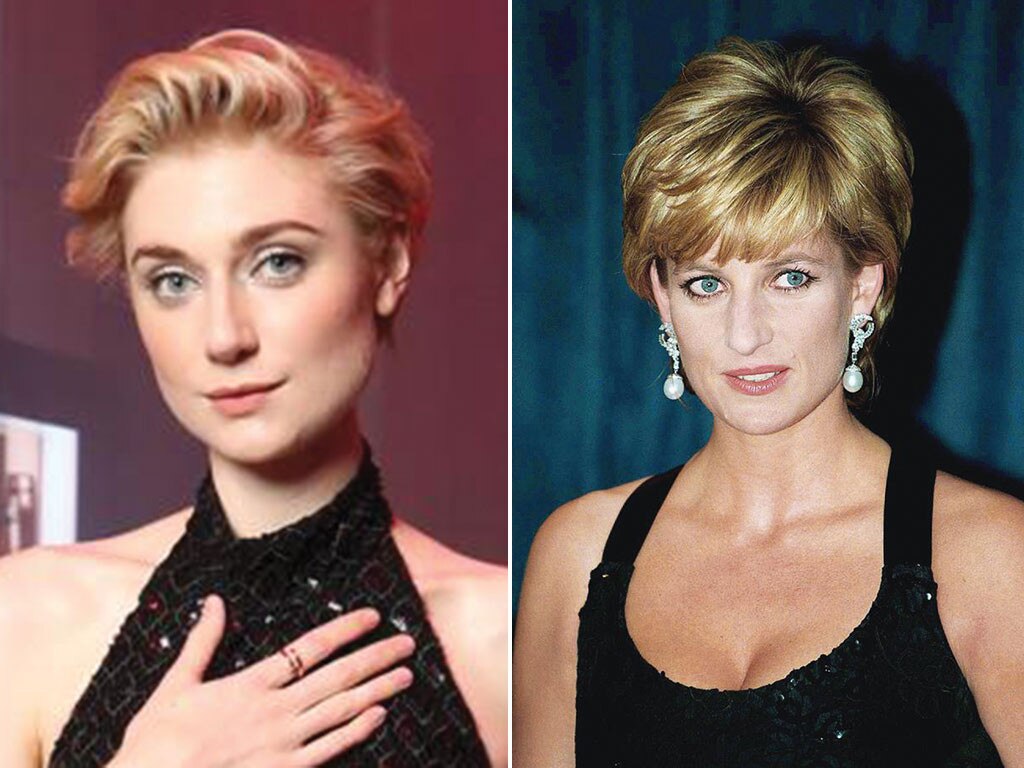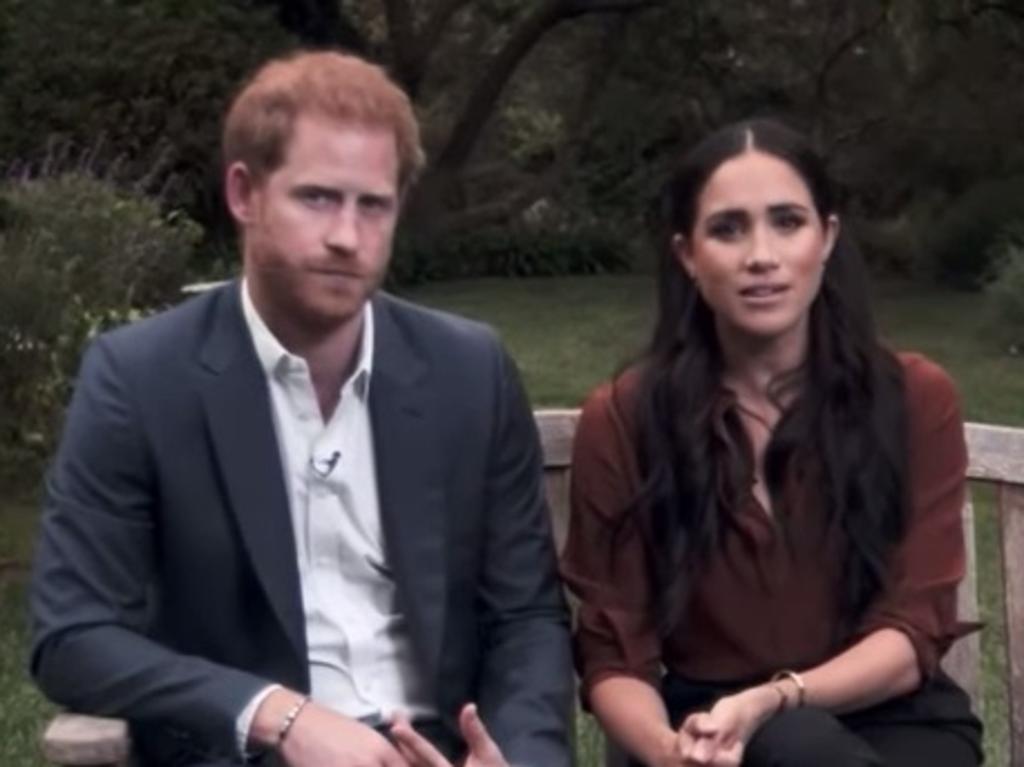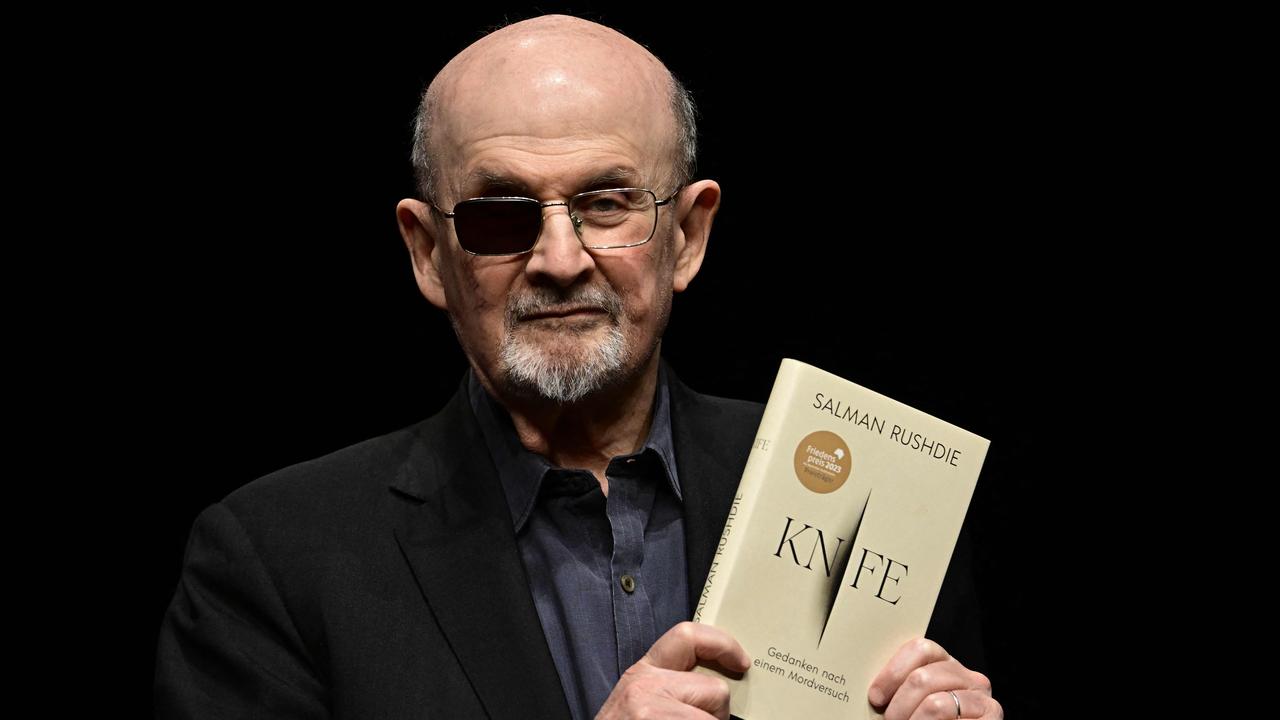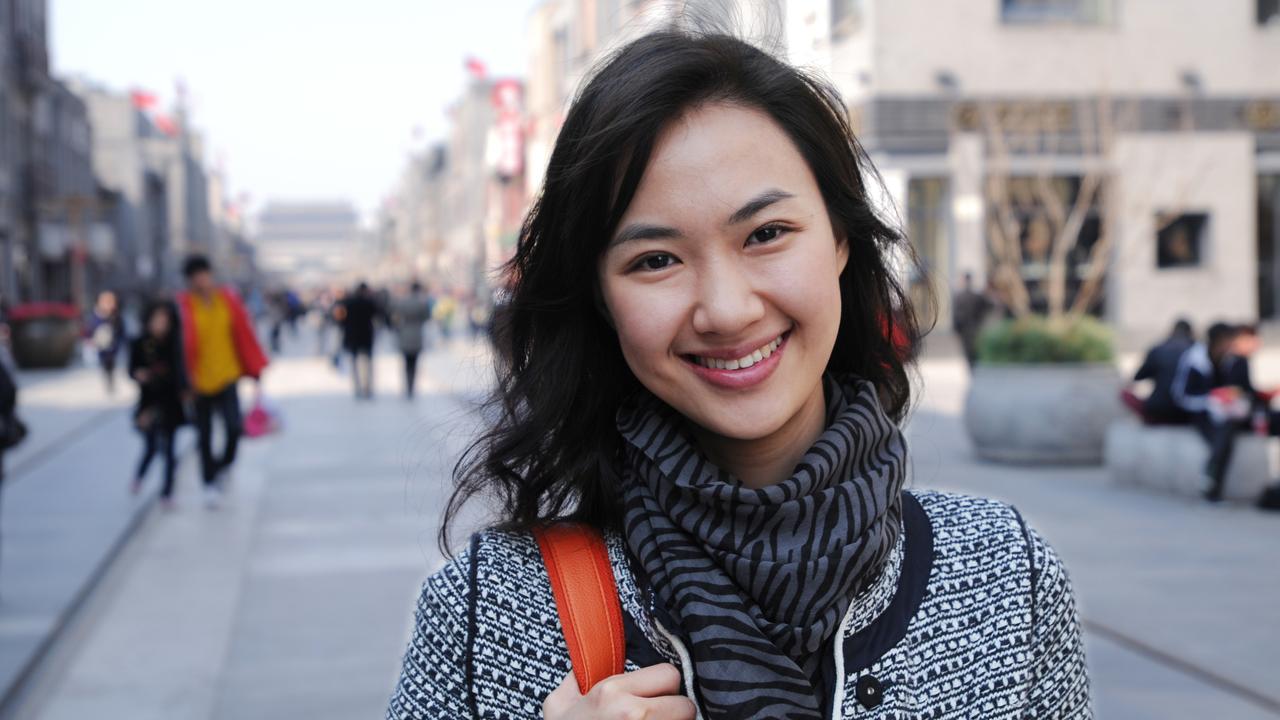BBC Journalist Bashir Martin Bashir allegedly misled Princess Diana’s brother to secure tell-all interview
Twenty five years after Princess Di bared her soul, new evidence alleges the scoop was obtained using fake bank statements.
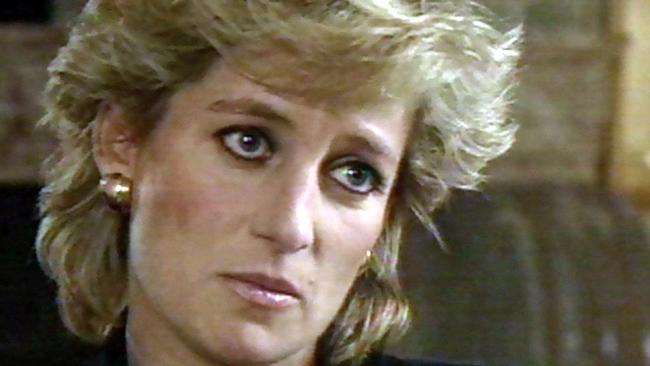
It was hailed as the greatest tell-all interview of the 20th century, but 25 years after Princess Diana bared her soul on Panorama, fresh allegations have emerged that the BBC obtained the scoop under a false pretext and by using fake bank statements.
Martin Bashir, the journalist who interviewed Diana in 1995 after the collapse of her marriage to Prince Charles, has also been accused of exploiting the princess’s fears that her private conversations were being bugged by the secret services to garner a secret meeting.
Almost 23 million viewers watched as Diana told Bashir: “There were three of us in this marriage”, a reference to Camilla Parker-Bowles.
Now, it can be disclosed that Bashir showed Diana’s brother, Earl Spencer, two fake bank statements as part of an attempt to engineer a meeting with his sister. This seems to contradict an internal BBC investigation into Bashir’s behaviour in 1996, which concluded that the false documents did not help to clinch the interview.
It is understood that Bashir claimed that the fake bank statements had been given to him by a security services source. They appeared to show that one of Spencer’s former employees was selling information about the family.
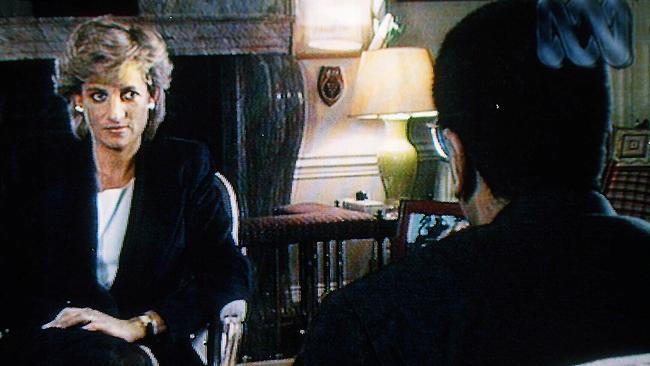
According to a source close to the Spencer family, Bashir first approached the earl, regarded as one of Diana’s gatekeepers, three months before the interview aired. The source said that Bashir told Spencer, who is understood to have kept notes of the meeting, that he was investigating the behaviour of the media.
This led Spencer to set up a meeting between himself, his sister and Bashir at a friend’s flat in London in September 1995. At this meeting, it is understood that Spencer decided that Diana should be wary of Bashir because he was making fantastical allegations.
The family friend said that Spencer apologised afterwards to Diana and said of Bashir: “He’s awful”. The source added that the bank statements were instrumental in getting a meeting with Diana. They added: “Without Spencer, Bashir wouldn’t have got to her.”
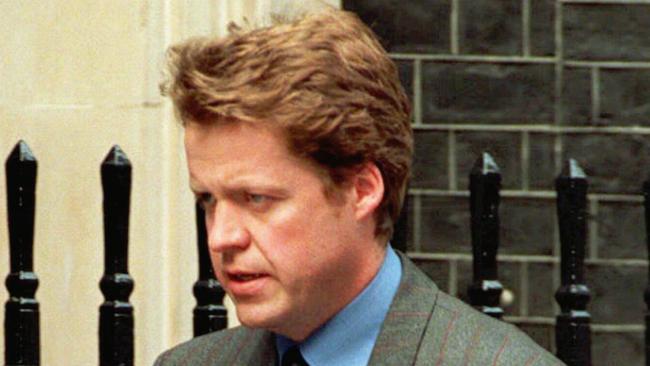
The allegations will raise difficult questions for the BBC as its own investigation after the interview broadcast concluded on April 13, 1996: “The BBC has been able, independently, to verify that these documents were put to no use which had any bearing, direct or indirect, on the Panorama interview with the Princess of Wales.” The internal investigation was partly overseen by Tony Hall, then director of news and current affairs, who retired last month as director-general.
Bashir, then aged 32, initially called Spencer’s secretary in August 1995. He subsequently visited Spencer’s family home of Althorp, Northamptonshire, at the end of August, where he is alleged to have made unsubstantiated allegations against journalists, figures within the royal circle and MI5 employees.
Those close to Diana recall that she had become increasingly fearful that she was being spied on following her separation from Prince Charles. Lord Puttnam, the film producer and a friend of Diana’s, said: “She absolutely did believe that security services were spying on or watching her. I have no way of knowing whether it’s true or not.”
Bashir’s bank statements, which the BBC later admitted were fakes, appeared to play on these fears, showing payments totalling pounds $19,000 that were never made to Alan Waller, Spencer’s former head of security, from two companies: the newspaper group News International, then parent company of the Sunday Times, and a mysterious offshore company, Penfold Consultants.
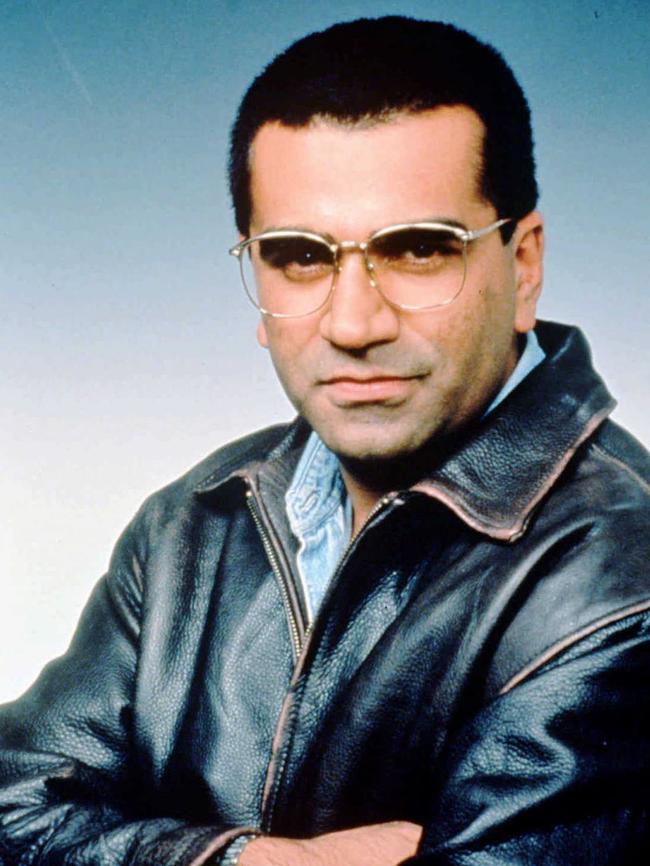
Copies of the falsified statements were published by the Mail on Sunday in 1996, and it emerged that one of the BBC’s graphic designers had been commissioned by Bashir to work through the night to deliver them a few weeks before the interview for a separate discontinued investigation.
In Andrew Morton’s 2004 book, Diana: In Pursuit of Love, the biographer alleges that Bashir also showed the fake statements to Diana, but this was denied by the BBC and Bashir.
The Sunday Times can also reveal for the first time that friends of the princess made a last-ditch attempt to stop her giving the interview. Lord Puttnam went to Kensington Palace with a senior civil servant two weeks before the Bashir interview was recorded, begging her not to speak out.
Puttnam and Sir Hayden Phillips, who was then in charge of the culture department, set out an alternative path for Diana, in which she would become a figure in the arts world, emulating Grace Kelly, the princess of Monaco.
The pair left the meeting confident that they had persuaded Diana not to talk, but she then recorded her interview with Bashir on November 5.
Diana had the idea to give a candid account of her life and marriage after Charles’s interview a year earlier with Jonathan Dimbleby in which he admitted adultery. The interview was Bashir’s big break and later helped him secure unprecedented access to Michael Jackson. For both Diana and the BBC, however, the fallout was enormous. Within weeks of its airing, the royal couple began divorce proceedings.
The interview had been recorded without the knowledge of the then BBC chairman, Marmaduke Hussey, whose wife, Susan, remains a lady-in-waiting to the Queen, and led Hussey to try to oust the then director-general, John Birt.
Meanwhile, concerns grew about how Bashir had won Diana’s trust, leading to the internal investigation. According to the late journalist Richard Lindley’s book about the history of Panorama, Tony Hall and Anne Sloman, a senior BBC staffer, questioned Bashir at Broadcasting House. Sloman is quoted in the book: “It was a silly thing to do. It didn’t get him the interview; why he did it, God only knows.”
Although the interview won Bashir awards, it remains controversial and will be the subject of three forthcoming documentaries on the BBC’s terrestrial rivals.
The BBC told The Sunday Times Bashir is unwell and unable to respond: “Questions surrounding Panorama’s interview with the Princess of Wales and in particular the ‘mocking-up’ of bank statements, were covered in the press at the time. BBC records from the period indicate that Martin had explained to the BBC that the documents had been shown to Earl Spencer, and that they were not shown to the Princess of Wales. The BBC’s internal records from the time indicate that Martin had met the Princess of Wales before the mocked-up documentation existed. These accounts also say that the Princess of Wales confirmed in writing that these documents played no part in her decision to give [the interview].”
The Times



